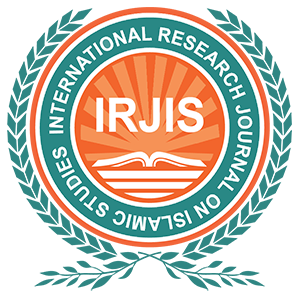Abstract
This study explores the Qur’anic expressions describing the attributes of the Prophet Muhammad ﷺ and the stylistic manner in which these attributes are presented. The Qur’an portrays the Prophet ﷺ not merely as a historical or moral figure but as al-insān al-kāmil (the perfect human being), the embodiment of divine guidance, and the ideal model for all humanity. Through a rich variety of linguistic, rhetorical, and thematic expressions, the Qur’an presents his attributes as a comprehensive system of moral, spiritual, and social guidance. The Qur’anic discourse employs multiple stylistic forms to convey the Prophet’s ﷺ qualities. In some verses, his characteristics are expressed explicitly, such as “And to the believers he is kind and merciful” (al-Tawbah: 128), emphasizing his compassion and empathy. In others, the Qur’an uses implicit or metaphorical expressions, such as “And indeed, you are of a great moral character” (al-Qalam: 4), to highlight his ethical perfection. Similarly, verses like “He recites to them His signs and purifies them” (al-Jumu‘ah: 2) reflect his educational, spiritual, and reformative roles. These varying modes of expression reveal the depth and multidimensional nature of Prophetic virtues in the Qur’an. The analysis concludes that the Qur’anic portrayal of the Prophet ﷺ integrates moral excellence, spiritual purity, intellectual wisdom, and social leadership into a unified model of guidance. His attributes serve not only as theological affirmations but also as practical principles for personal development and societal reform. Therefore, understanding these Qur’anic descriptions is essential for appreciating the Prophet’s ﷺ universal role as a teacher, leader, and reformer of humanity. The study emphasizes that the Qur’an’s presentation of the Prophet’s ﷺ attributes remains a timeless source of ethical and spiritual inspiration for individuals and societies alike.
Keywords: Qur’an, Prophetic Attributes, Moral Excellence, Spiritual Guidance, Qur’anic Style, Prophet Muhammad ﷺ, Ethical Model.

